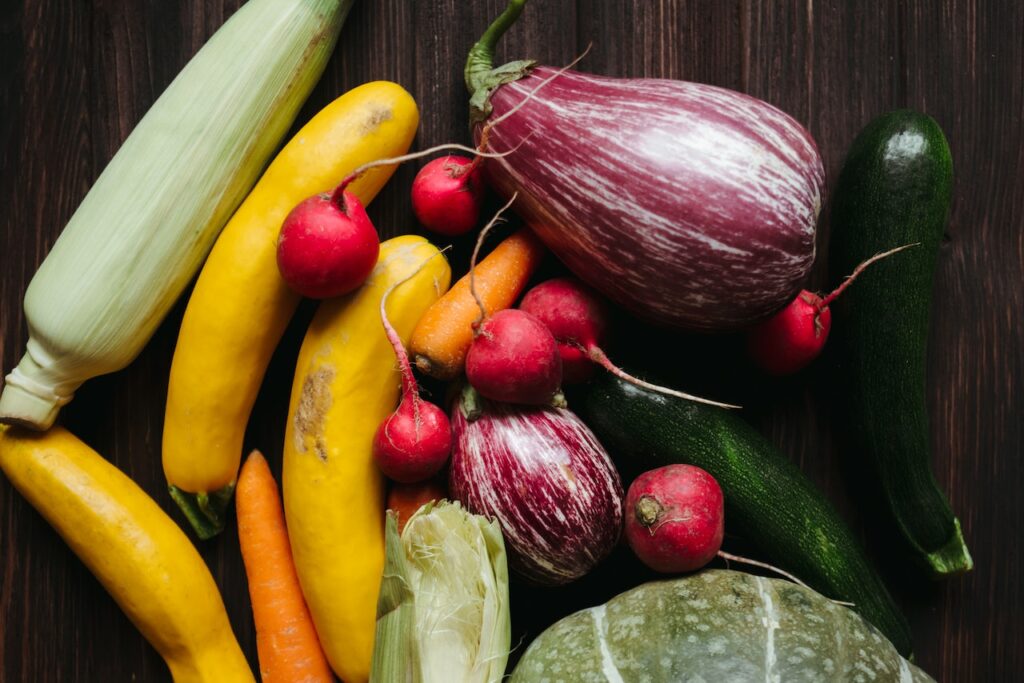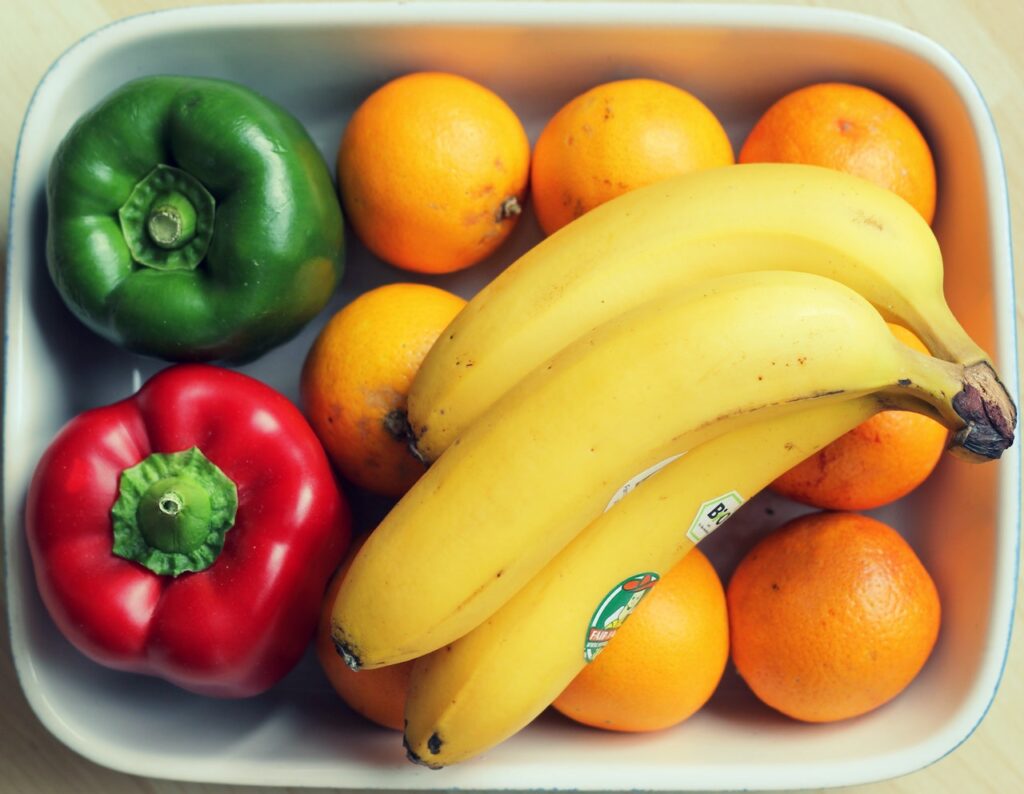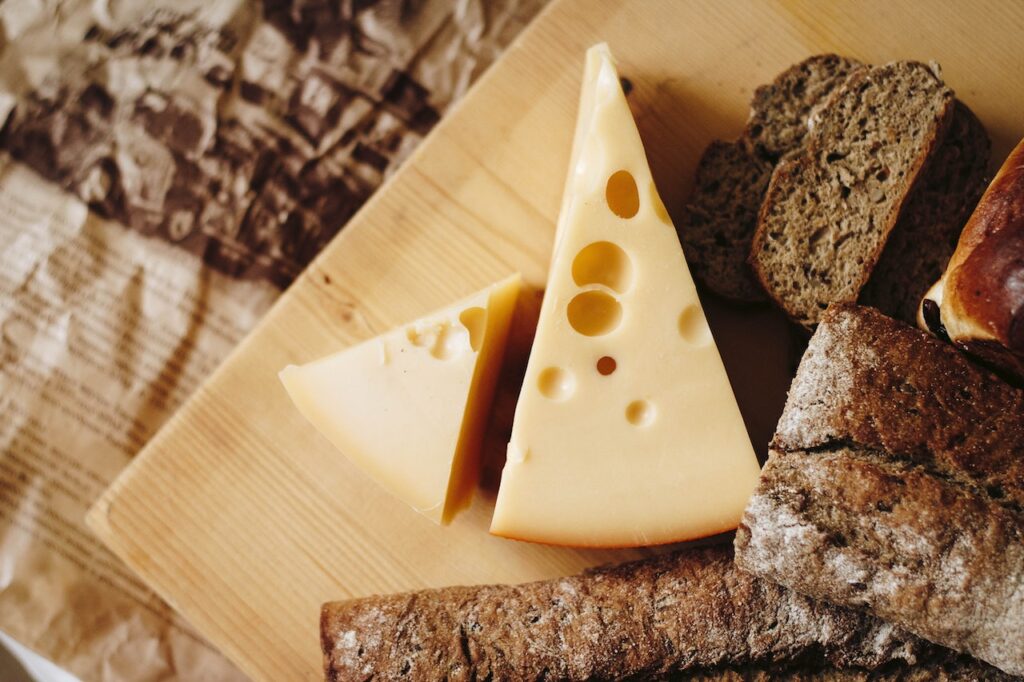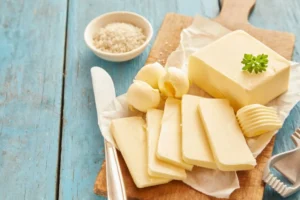No one likes wasting food. It’s not only a waste of money, but it’s also a waste of resources. But according to the USDA, Americans throw away around $161 billion worth of food every year. There are many reasons why we waste food, but one of the main reasons is because we don’t know how to properly store it. With these easy food storage tricks, you can make your groceries last longer and save money in the process.
Why Food Storage is Important?
There are many reasons to invest in food storage, whether you’re stocking up for a natural disaster or simply trying to save money on your grocery bill. Here are some of the most important benefits of having a well-stocked pantry:
- Save money by buying in bulk and avoiding waste.
- Be prepared for power outages and other emergencies.
- Enjoy fresher, tastier food by properly storing leftovers and perishable items.
- Extend the shelf life of your groceries with proper storage techniques.
- Reduce your carbon footprint by minimizing food waste.
Food Storage Mistakes to Avoid

Source: pexels.com
There are a few key things to keep in mind when storing your groceries if you want them to last.
– First, avoid storing fruits and vegetables together. The ethylene gas that is emitted by ripening fruits can speed up the spoiling of vegetables.
– Second, make sure to store herbs and spices in a cool, dark place. Heat and light will cause them to lose their flavor over time.
– Third, pay attention to the expiration dates on perishable items and make sure to use them before they go bad.
– Lastly, don’t forget about leftovers! Be sure to eat them within a few days or freeze them for later.
Following these simple tips will help you get the most out of your groceries and avoid wasting food.
How to Tell if Food Has Gone Bad?
If you’re not sure whether food has gone bad, there are a few tell-tale signs to look for.
– First, check to see if the food has changed color. If it’s discolored or has changed texture, it’s probably time to toss it.
– Second, give the food a sniff test. If it smells off or rancid, it’s no good.
– Finally, taste the food. If it doesn’t taste right, it’s probably not safe to eat. If you’re still unsure, err on the side of caution and throw it out.
The Best Way to Store Fruits and Vegetables

Source: pexels.com
When it comes to storing fruits and vegetables, the best way to do it is by keeping them in the fridge. This will help to keep them fresh for longer and prevent them from going bad. However, there are a few things you need to keep in mind when storing fruits and vegetables in the fridge:
– Make sure that the vegetables are clean and dry before storing them in the fridge.
– Wrap leafy greens in a damp paper towel before placing them in a plastic bag.
– Store fruits and vegetables in different compartments in the fridge so that they don’t touch each other and cause bruising.
– Don’t wash fruits and vegetables until you’re ready to eat them as washing them can cause them to spoil faster.
The Best Way to Store Meat
When it comes to storing meat, there are a few different options to choose from. If you plan on cooking the meat within a few days, then keeping it in the fridge is your best bet. However, if you want to keep the meat for a longer period of time, then freezing it is your best option. Here are a few tips for storing meat:
– If you’re going to freeze the meat, make sure to wrap it tightly in plastic wrap or aluminum foil. This will help prevent freezer burn and keep the meat fresh for longer.
– When thawing frozen meat, make sure to do so in the refrigerator and not at room temperature. Room temperature can cause bacteria to grow on the meat, making it unsafe to eat.
– If you’re storing raw meat in the fridge, make sure to keep it on the bottom shelf to prevent cross-contamination. Raw meat can contain bacteria that can contaminate other food items if it’s not stored properly.
The Best Way to Store Dairy

Source: pexels.com
When it comes to dairy, you want to make sure you’re storing it correctly so it lasts as long as possible. Here are a few tips:
– Store milk in the main compartment of your fridge, not the door. The door is warmer and can cause milk to spoil more quickly.
– If you won’t be using milk right away, store it in the back of the fridge where it’s the coldest.
– Cheese can be stored in the fridge or freezer, depending on how long you want it to last. For shorter periods of time, keep cheese in the fridge; for longer periods of time, wrap it tightly and store it in the freezer.
– Butter can also be stored in the fridge or freezer. Wrapping butter tightly will help prevent it from picking up other smells in the fridge.
The Best Way to Store Leftovers
When it comes to storing leftovers, there are a few things you can do to ensure that your food stays fresh and lasts longer.
– First, be sure to store your leftovers in an airtight container. This will help to keep out any moisture or oxygen that can cause your food to spoil.
– Another tip is to store your leftovers in the fridge as soon as possible after cooking. This will help to keep them from going bad as quickly.
– And finally, be sure to label your leftovers with the date they were cooked so you know when they need to be eaten.
Conclusion
With these food storage tricks, you can make your groceries last longer and save money in the process. By following these simple tips, you’ll be able to extend the shelf life of your fruits and vegetables, as well as other perishable items. So next time you’re at the grocery store, remember to put these tips into practice so that you can enjoy your food for longer.





